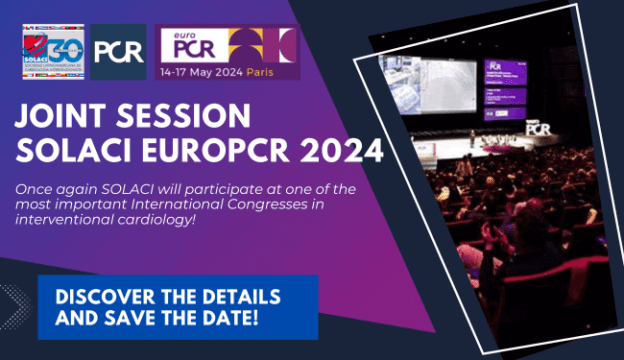Young or middle-aged patients who have already suffered a heart attack have almost twice as many adverse events when they continue to be under emotional stress after the initial suffering.

The association between psychological factors and events is attenuated after making adjustments that include markers of inflammation such as interleukin-6.
It follows that inflammation plays a role, but does not fully explain the phenomenon.
In past years, lots of progress has been made in secondary prevention. However, such progress was not as marked in younger patients, who may be much more vulnerable to emotional stress compared with older adults.
The authors of the paper used the Myocardial Infarction and Mental Stress 2 (MIMS2) database and analyzed all infarction survivors who were <60 years (mean age: 51 years).
Eight months after hospital discharge, participants completed a questionnaire to determine signs and symptoms of depression, anxiety, anger, perceived stress, and post-traumatic stress.
Read also: Is Rheumatic Etiology Counter Indicated for TAVR?
Tests were combined to reach a psychological stress score used to classify patients as having low, moderate, or high stress levels. Those with higher stress levels were usually single, less educated, unemployed, and had lower incomes. Furthermore, they showed higher rates of hypertension, smoking habits, and diabetes.
After five years of follow-up, 28% of new infarctions, stroke, hospitalization for heart failure, or cardiovascular death were observed in the general population.
For patients classified as having high stress levels, the rate was 37%. In turn, for participants with low stress levels, the rate was 17% (hazard ratio: 2.7; 95% confidence interval: 1.5-4.9).
Read also: Watch again our Webinar on Lower Limb Angioplasty: LATAM Peripheral Registry.
As cardiologists, we need to take into account the importance of regularly assessing the emotional health of our patients, particularly the younger ones.
Original Title: Psychological distress and the risk of adverse cardiovascular outcomes in young and middle-aged survivors of myocardial infarction.
Reference: Garcia M. et al. Presented at: ACC 2021. May 16, 2021.
Subscribe to our weekly newsletter
Get the latest scientific articles on interventional cardiology





